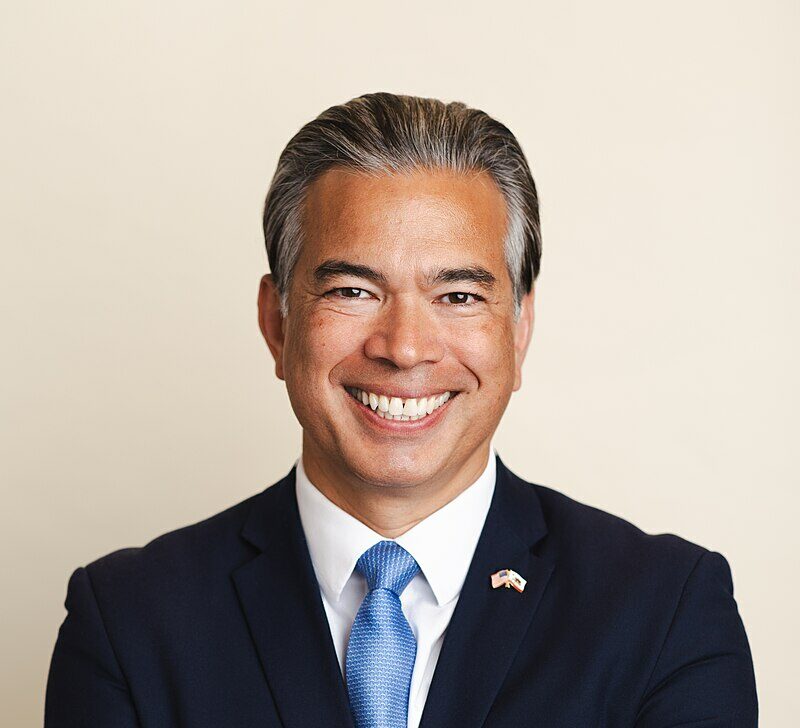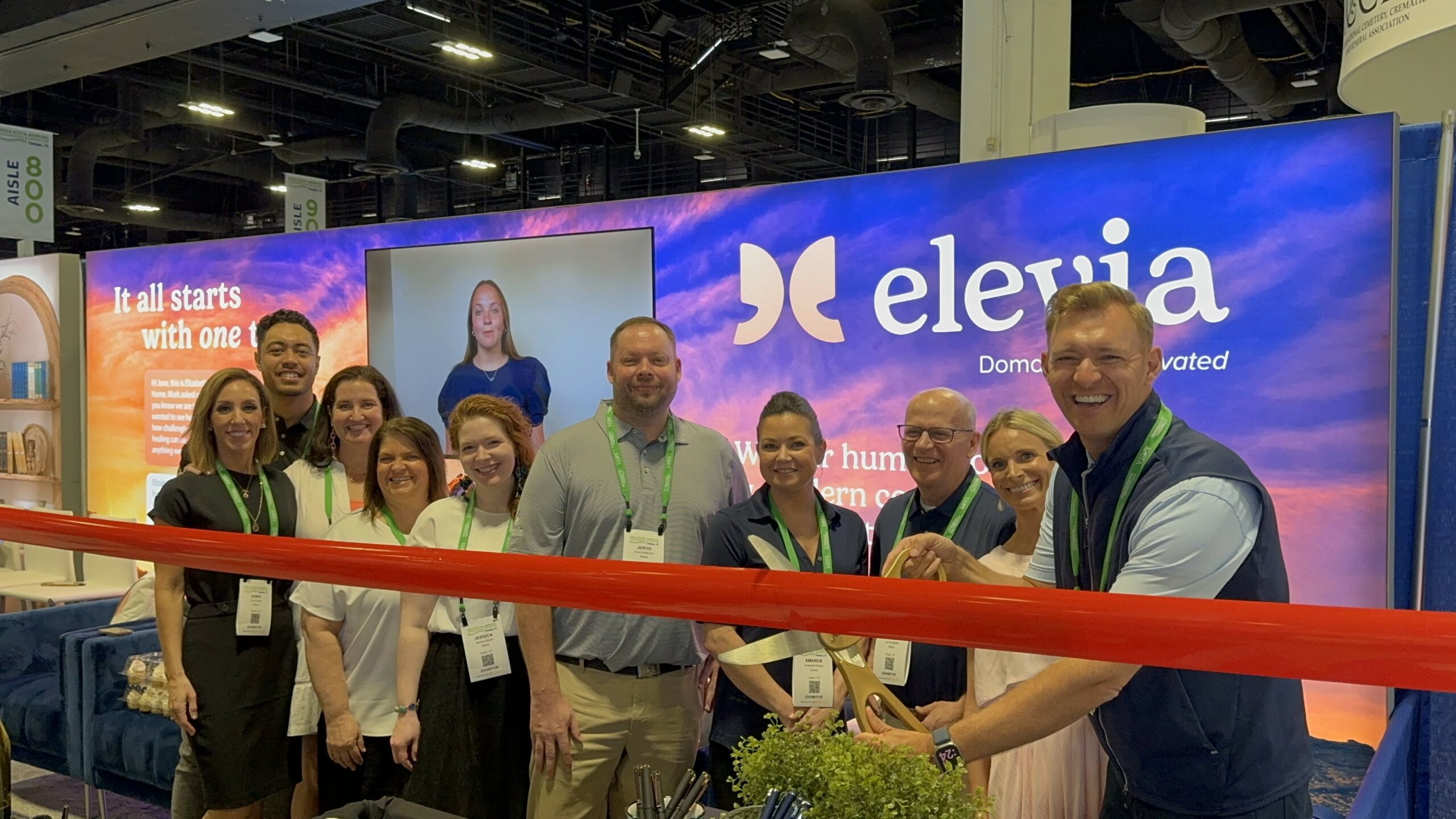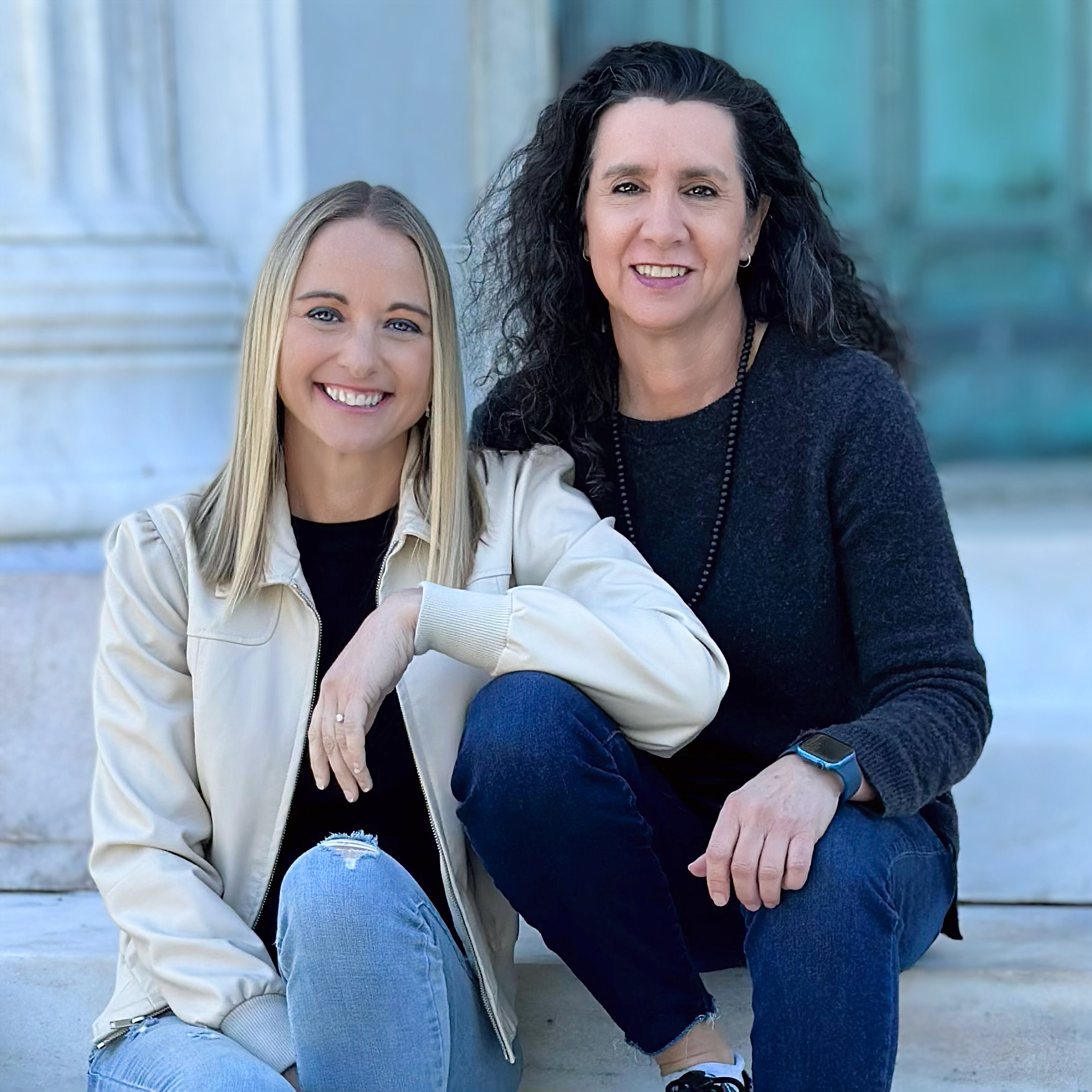By Thomas A. Parmalee
In October 2022, the entire funeral service community learned what many already knew: There is something good going on at Everything After.
That was when the company, which is owned by Precoa but operates as its own limited liability company, was announced as the winner of the prestigious Innovation Award, which is given out annually by the National Funeral Directors Association.
Payton Thompson, general manager of Everything After, recently chatted with FuneralVision.com to share how the company began and what it offers funeral homes.
Tell us a little bit about your background and how you came to be the general manager of Everything After.
I started at Precoa nine years ago, and one of the projects I worked on a little more recently was the program that Precoa was working on in terms of providing aftercare for the partners it serves. I worked on the aftercare program and what we needed.
As we were building it out, it seemed to have enough standalone value to be its own entity.
We wanted to make it clear to the profession that Everything After is separate because we wanted to focus on aftercare, and we wanted to focus on having amazingly helpful aftercare. We wanted to help families during life’s most difficult moments.
I ended up transitioning to running Everything After under the umbrella of Precoa. It was at the 2021 NFDA international convention & Expo in Nashville that we kind of formalized everything and started working with funeral homes that were not partnering with Precoa.
So, you had some experience offering aftercare through Everything After with firms that worked with Precoa before making its service offerings available to everyone?
Yes, we were running the program with Precoa-partnered firms for probably almost a year before we broke it out. The product that Precoa firms get is still different.
At the pillar of everything we do, however, is we have identified two main things that people could use some help with: Universally, everyone could use help with post-death logistics. Secondly, everyone needs support for their grief. So, we have built pretty robust platforms to help families with those two things.
What does Everything After offer?
- Everything After Core is free and email based. The emails are branded to the funeral home, and the emails redirect families back to the site where they can get help with the two main needs we’ve identified. That is the gist of the core version. The Core offering really is an email newsletter that allows you to follow up with families – one that is done really well and looks nice and has great content. But there are really no other bells or whistles or customer support that goes with it. As noted, this is a free solution.
- Everything After Connect is a subscription model that includes our email service as well as texting and assistance generating positive Google reviews. Through text messaging, we can engage more with the family. We have an aftercare support team, which helps us gather a lot of valuable feedback from families. We can also redirect positive feedback in the form of Google reviews for the funeral home. We can just politely ask families to share publicly what they have shared with us privately. The technology allows them to very simply say how many stars they would give the funeral home and write a few comments. The Connect program also comes with more extensive reporting.This solution costs $199 per month for the first location. If you have multiple locations, the first funeral home would pay $200 per month and additional rooftops would pay $49 per month. Enterprise pricing is available on a case-by-case basis for large firms.
- Everything After Plus is an exclusive program reserved for funeral homes who do business with Precoa. It integrates with Precoa to optimize preneed operations. You get everything you get with Everything After Connect but a whole lot of preneed integration to help you boost your preneed program. You get an aftercare planning center, which involves Everything After staff following up with families beyond texting and email. We talk to them to get feedback and to encourage them to think about their own arrangements.Having the added benefit of a call center that follows up and specializes in these types of interactions with families is an incredible benefit for funeral homes This can be a great time for these families to think about planning because they are acutely aware of what they liked and didn’t like. They have gone through a loss in a lot of instances, and they know what their preferences are, and they know what their family will need at a time of loss.There is absolutely no charge to the funeral home for this service if they are partnered with Precoa.

Payton Thompson
Is the goal to try to convert Core and Connect customers into Precoa firms that have access to the exclusive Everything After Plus service offering?
That is not something we really push or promote. We are trying to grow Everything After. We want our company to be recognized as separate. However, we still make it clear that Precoa partners do have an exclusive integration with the program that is pretty exciting. For Everything After Plus, the firm must write preneed exclusively with Precoa.
How is business?
We are constantly hiring new people and we continue to build the operation to make sure we are ahead of the demand. We are constantly adding new firms to the program monthly.
How much of an honor was it to receive the NFDA Innovation Award? I mean, that really is the big time, isn’t it?
It was awesome!
I think what excited us the most was the fact that this is an offering that the profession is really talking about. Especially with it being aftercare and following up with families and making sure that the touchpoints the funeral home has with families do not stop with the family after the funeral but continues – and it continues through Everything After. We were so pleased that this was recognized as something that is innovative and that firms see the value.
How did the pandemic affect aftercare offerings and their delivery?
With the pandemic, most people would recognize that it really kind of warmed people up to technology just by necessity in terms of not being able to be in close proximity to other people.
I think that there are a lot of misconceptions about the demographic of people who typically need funeral care and their relationship with technology. Social media is very prevalent among seniors – and it will only continue to trend more that way.
What about the messages themselves? What do you focus on?
With text messaging, the regulations are constantly changing, and that is something we keep a pulse on. We also focus on how we style our messages. We try to make it seem very personal.
It is very important for us to provide value when we send these messages. Because they can be intrusive. You can ignore an email pretty easily, but a text message – you can’t really not see it assuming it makes it to your phone.
So, we want to be sure we are providing value. We want to give families something they need, so our messages will be welcome. We want them to be delighted that they receive something that they were not expecting.
I’d add that our philosophy is that while asking, “let us know if there is anything we can do for you” is a well-intended question, it inadvertently shifts the burden on the bereaved to ask for help, which we don’t really want to do. So, instead of asking if there is anything we can do, we want to do something and make sure they see it. The text message is a great way to do that.
So, how many text messages have you sent out through Everything After?
We have sent out hundreds of thousands of text messages since we started. Lots of people are receiving messages and appreciating them. But we would recommend you not send out more than two or three messages per person. Make sure they are powerful and helpful messages. And no matter how helpful they are, at a certain point, they can be too much. So, our standard is to send out two or three messages per person. If you are trying to send a message to share a resource related to post-death logistics, that message needs to come relatively soon. The timing of a message revolving around grief support varies.
When should you stop sending texts?
There is not a lot of reason to message someone more than a year after. Most of the relevant conversations will take place in that first year. You might want to provide support on the birthday of the deceased, so you can reach out during that time. The last touchpoint that makes sense to me is the one-year anniversary of their loss.
Do you have any final thoughts?
I would just reiterate that our purpose is to try to help funeral homes and families through life’s most difficult moments. A key word for us is helpful. We want to be as helpful as we can on behalf of the funeral home.
Learn more about Everything After.
Follow FuneralVision.com on LinkedIn.
Follow FuneralVision.com on Twitter.
Follow FuneralVision.com on Facebook.
Copyright FuneralVision.com. All Rights Reserved.








